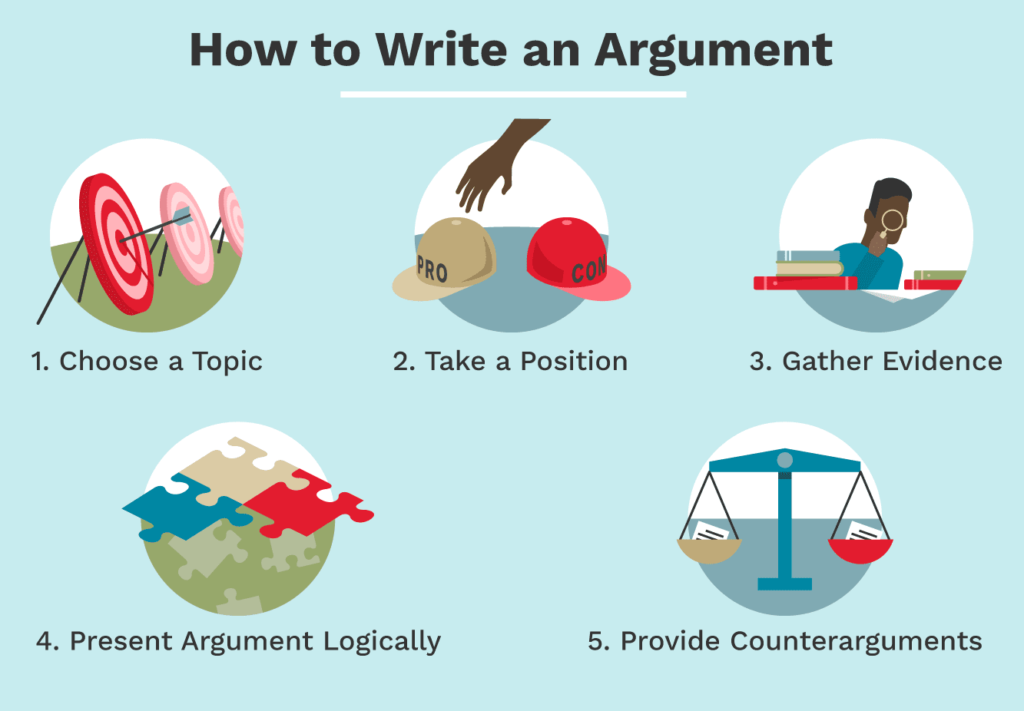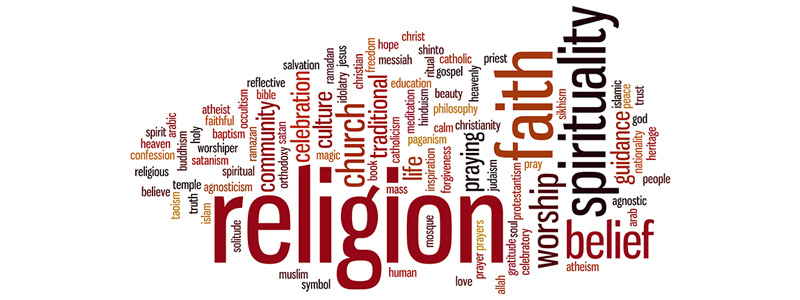Back to: ENGLISH LANGUAGE SS1
Welcome to class!
In today’s class, we will be talking about future tense, etc. Enjoy the class!
Essay writing: More on Argumentative “Child Abuse”. Who is to be Blamed, Government or Parents?
Vocabulary/Development: Words Associated with Religion.
Structure: Future Tense: Simple Future Continuous etc.

Essay writing: More on argumentative “Child Abuse”, Who is to be blamed, government or parents?
Explanation, points:
In this kind of argument which is a good example of an ordinary argumentative essay, not a debate topic. All you need to do here is to write the topic and start your essay
You are to choose who is to blame whether the government or parents
Format
(i) Write your topic e.g. Government is to Blame for Child Abuse
Or
(ii)Parents are to Blame for Child Abuse
If you choose parents are to be blame
Points:
- Some parents fail to plan on the number of children to give birth to.
- Some children are not given proper formal and moral education.
- Poverty: This makes some parents send their children to hawk goods on the road.
- Some parents lack proper upbringing thus, they cannot give their children.
- Covetousness: Some parents encourage their daughters to engage in child’s trafficking.
- Corporal punishment by some parents which can easily harden the heart of a child
Evaluation: Write an argumentative essay on the topic taught

Vocabulary development: words associated with religion
Content: Definition, Relevant Words
Religion- Christianity.
Relevant Words:
- Theology: This is the study of God.
- Atheist: One who believes God does not exist.
- Monotheist: One who believes in one God.
- Ethics: Moral principles by which a person or group is guided.
- Worship: Taking part in a religious ceremony in which reverence is paid to God or a god; the religious ceremony itself.
- Seer: A seer is a prophet.
- Crucifix: Cross with the figure of Jesus Christ crucified on it.
- Denomination: This is an act of naming a religious group, class or society
- Synagogue: A place of worship for the Jews
- Baptism: Immersion into water
- Christen: To perform the religious act of baptism. This also means ‘to name a child’
- Christendom: This is the Christian world.
- Episcopacy: Government of the church by Bishops.
- Sacristy: A room in a church where sacred vessels, books, vestments etc. are kept.
- Tenet: An opinion, belief or principle held to be true.
- Benediction: This is a short invocation for divine blessing and guidance, usually after a church worship
- Divinity: The state of being divine, or of being like a God
- Papacy: This is the office of the pope. It is also a period when a particular pope reigns
- Pew: This is an enclosed compartment in a church which provides seating for a group of people, often prominent people.
- Eucharist: This is a Christian sacrament of the Holy Communion.
- Communion: This means sacrament
Traditional Religion
- Divinity: A deity.
- Deity: This is a supernatural human or non-human being or entity, or an object that possesses miraculous or supernatural attributes, powers or supernatural powers. E.g. god/goddess
- Gods/goddess: A deity
- Priest: A man who worships and appeases gods on behalf of the people.
- Myth: This a traditional story which embodied a belief regarding some fact, or phenomenon of experience, and in which often the forces of nature and of the soul are personified. It is a sacred narrative regarding a god, a hero or the origin of the world or of a people, etc.
- Incantation: This is the act or process of words sung or spoken, with occult ceremonies for the purpose of invoking or raising spirits: this is chanted to create a magical result.
- Reincarnation: This is a fresh embodiment; rebirth or coming back to life.
- Propitiation: This is an atonement for sins. This is done to appease or pacify gods.
- Cult: This is a group of people who share religious or spiritual beliefs, especially beliefs regarded by others as unorthodox. This is a secret society.
- Ritual: These are rites carried out by a priest
- Libation: this is an act of pouring out of liquid, e.g wine, as a sacrifice to God or in honour of a dead person
Islam/Islamic Religion
- Ablution: This is an act of washing or cleansing the body or some part of it, as a religious rite
- Hajj: This is a religious pilgrimage to Mecca, Saudi Arabia, by an adult Muslim.
- Injunction: This means commandment
- Pilgrimage: This is a journey made to a sacred place. It is a religious journey.
- Adherent: A supporter or follower.
- Haram: Forbidden by Islam. Unlawful, sin.
- Hilal: Fit to eat according to Muslim religious customs.
- Sharia: Islamic religious laws, based on the Quran.
- Sect: A religious group with beliefs and practices that differ from those of the more established groups.
- Monotheism: This is the belief in one God.
- Imam: This is a Muslim leader. One who leads the salat prayers in the mosque.
- Malam: This is an Islamic teacher.
- Sheikh: This is a leader of an Islamic religious order. An Islamic religious clergy;
- Pillars of Islam: These are five principles upon which Islamic religion is hinged.
These are:
- Belief in Allah,
- Fasting during Ramadan
- Giving alms
- Making pilgrimage/hajj
- Praying five times daily.
Evaluation: Write out ten vocabularies of the Christian religion and use them in sentences.
Structure:
Content: Simple Future, Future Continuous
Simple future tense:
It makes use of the modal auxiliary verbs ‘shall’ and ‘will’.
- I shall travel soon.
- You see the manager when he arrives.
- It also makes use of the form ‘be going’ and to-infinitive.
- Emeka is go willing to succeed
- It’s going to rain today
- We are going to defeat them.
It makes use of simple present and an expression indicating the future.
- The bus leaves tomorrow.
- The plane arrives tonight.
Future progressive (continuous)
- It uses the present progressive and an expression indicating the future.
- Adamu is leaving tomorrow.
- We are taking the examination next week.
Evaluation
Use the simple future and the future continuous tenses in sentences.
In our next class, we will be talking about Comprehension; Speech Work: Introduction Syllable; Spelling: Homophones (Words that sounds alike); Structure Punctuation: Question Mark; Apostrophe and Exclamation Mark. We hope you enjoyed the class.
Should you have any further question, feel free to ask in the comment section below and trust us to respond as soon as possible.

Argumentative writing child abuse who is to blame, government or parents